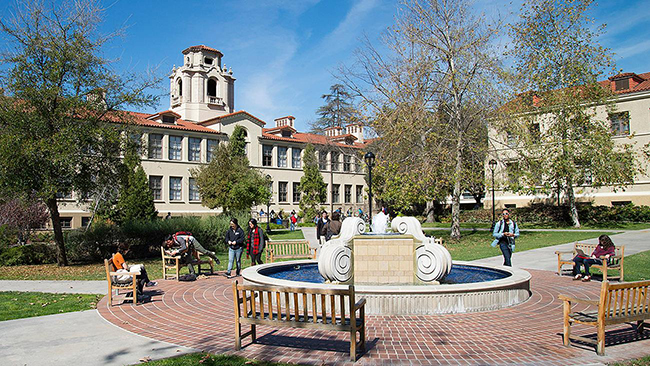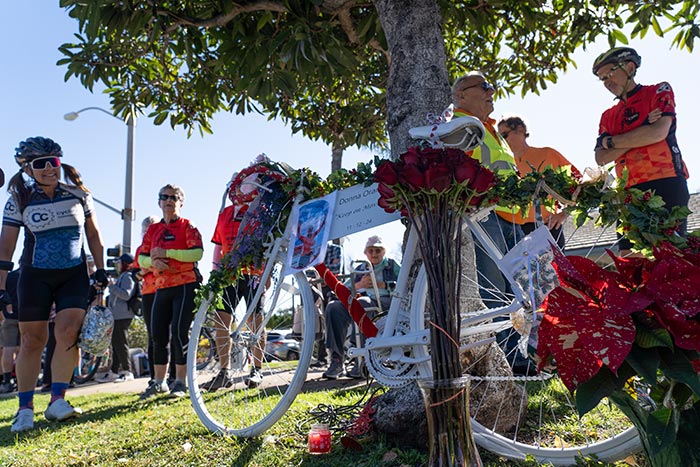A memory that never faded
When she was nine years old and a student at Sycamore School, Suzanne Coulombe wrote a letter to Helen Keller.
It was June 20, 1960, and all of Mrs. Vincent’s fourth grade class wrote letters to Ms. Keller wishing her a happy 80th birthday.
“Dear Miss Keller,” the letter began. “I have read many, many books about you. It seems as though I have known you all through my life.”
The letter ends with little Suzanne wishing Ms. Keller a happy birthday “and many others.”
“It was a subject of study for us to read a couple of books and articles, and it was fascinating,” Ms. Coulombe said during a phone interview in June. “Even today, I can’t comprehend how someone without vision and hearing can sense the world in such a rich and wonderful way.”
Ms. Coulombe remembers being thrilled when she received a letter back from Ms. Keller a short time later. In the letter, Ms. Keller’s gift for prose is evident.
“I am touched by your delightful birthday greeting which is like a candle of joy shining on my birthday,” she wrote. “It is gratifying beyond words to have such affectionate thoughts for which love is the only perfect thanks.”
Remarkably, Ms. Keller signed the bottom of her thank-you letter in pencil, something young Suzanne initially couldn’t believe.
“My nine-year-old self looked at that signature and said, ‘That can’t be real,’ and without anybody looking, I took an eraser to part of it,” she said with a laugh. “I did erase a part of it and put some back. I’m sure it ruined the Antiques Roadshow value.”
Ms. Coulombe’s mother had it framed, and she has carried it with her throughout her life, even after moving to San Francisco and working as a registered nurse.
After she retired, she found out about a project that would change her life.
After Ms. Keller’s death in 1968, it was discovered that she had kept everything—thousands of letters, communications, photos, videos and other things that chronicled her remarkable life.
Helen Selsdon, the archivist for the American Foundation for the Blind, has been spearheading the Helen Keller Archive, a years-long project that is aiming to transcribe all of Ms. Keller’s documents so they can be easily searched and read online.
“She’s such a huge figure and the collection is so amazing,” Ms. Selsdon said. “And above all, of course, we want to be accessible to her audience, the audience who is blind and deaf.”
Among the 80,000 items in the collection include letters to Mark Twain, nine American presidents, Alexander Graham Bell, Will Rogers, Emma Goldman and Eleanor Roosevelt.
Ms. Selsdon is particularly fond of a letter Ms. Keller wrote to the youth wing of the Nazi party in 1933, during the early years of Adolf Hitler’s stranglehold on Germany. Ms. Keller, an avowed socialist in her life, was among the authors whose books were burned by the Nazis.
“History has taught you nothing if you think you can kill ideas,” she wrote. “Tyrants have tried to do that before. You can burn my books and the books of the best minds in Europe, but the ideas in them have seeped through different channels and will continue to quicken other minds.”
“This to me is what I love about her more than anything else,” Ms. Selsdon said. “She voiced her strong opinions. She never held back. She stood for the right things. She was very upright in her thinking and moral compass. She absolutely spoke out against censorship and she was passionately for the underdog.”
Ms. Coulombe found out about the archive project on Facebook and decided to volunteer as a transcriber. She emailed Ms. Selsdon, and noted she had written a letter to Ms. Keller when she was a child.
“And then she sent me the link to my letter,” Ms. Coulombe said. “I couldn’t believe it.”
There it was, perfectly preserved and readable. Helen Keller had kept her letter.
“I thought, ‘You had such nice handwriting, even then,’” Ms. Coulombe said. “It just sent me back, I mean, oh my goodness. I was almost speechless, and for me, that’s a lot.”
Ms. Selsdon noted this was the first time something like this happened, but hopes to see it occur more frequently as more items are documented.
“I’ve been doing this for so long, and this is exactly what I have been hoping for,” she said. “I have a feeling that there are more situations like this where people’s letters are in the archive, and they haven’t thought to look for them or they don’t remember because it was when they were children.”
Ms. Coulombe then had the opportunity to transcribe her own letter to add to the archive. Her letter will now be easily searchable among the scores of Ms. Keller.’s documents.
It’s a fitting bookend to Ms. Coulombe, who always had Ms. Keller’s letter with her and has looked to her for inspiration in her own life.
“I think especially now, I would want to go out and do and see more things,” Ms. Coulombe said. “She so inspirational. If Helen Keller can do it, others can do it.”
—Matthew Bramlett
news@claremont-courier.com











0 Comments